With the arrival of spring, while many of us rejoice in the warmer weather and blossoming landscapes, it's also a crucial time for individuals facing ear, nose, and throat (ENT) challenges. At Plymouth ENT, we understand that the spring season can bring unique issues for our patients, and we are here to offer guidance and treatment to help you enjoy the season to its fullest.
Allergies: The Springtime Culprit
One of the most common spring-related ENT problems is allergies. Pollen from trees, grasses, and flowers peaks during this season, triggering allergic rhinitis (hay fever) symptoms in many individuals. Symptoms can include sneezing, congestion, runny nose, and itchy eyes. More than just a minor annoyance, these symptoms can significantly impact your quality of life and lead to other complications such as sinusitis or secondary infections.
Allergy Testing: Understanding what triggers your allergies is crucial. At Plymouth ENT, we offer testing to pinpoint your specific allergens and tailor a treatment plan that works best for you.
Medication: Antihistamines, nasal corticosteroids, and decongestants can effectively manage symptoms. Immunotherapy, or allergy shots, may also be recommended for long-term relief.
Environmental Controls: Simple changes, such as keeping windows closed during high pollen days and using air purifiers, can also help reduce your exposure to allergens.
Sinusitis: More Than a Seasonal Sniffle
Spring not only fosters the growth of flowers but also the proliferation of molds and other airborne irritants that can exacerbate sinus issues. Acute or chronic sinusitis can flare up due to these irritants, characterized by nasal congestion, facial pain, and a pressure sensation, often accompanied by a decrease in the sense of smell.
Nasal Irrigation: Saline nasal sprays or irrigation kits can help clear out sinus congestion and alleviate symptoms.
Medication: Depending on the severity, antibiotics or steroid sprays might be necessary to reduce inflammation and treat infections.
Surgery: For chronic cases not responding to medication, a consultation with our specialists might lead to considering surgical options to clear blocked sinuses.
Hearing Issues: When Spring Isn't So Silent
Increased outdoor activities can also lead to unexpected ENT problems, such as barotrauma from diving into water or sudden exposure to loud noises during outdoor events, which can affect hearing.
Ear Protection: Wearing earplugs during loud events and when engaging in water sports can protect your ears from damage.
Regular Check-ups: Spring is a good time to schedule a hearing test, especially if you've noticed any changes in your hearing ability.
Voice Care: Speaking of Spring
Spring is a season of social gatherings, which may mean more talking or singing at events. This can strain your vocal cords, especially if you're also dealing with allergies or sinus issues.
Hydrate: Keep your vocal cords hydrated by drinking plenty of water.
Rest Your Voice: Be mindful of your vocal load and give yourself time to rest your voice when needed.
Humidify: Using a humidifier can help maintain moisture in the air, benefiting your vocal cords.
At Plymouth ENT, we are committed to helping you address these springtime challenges so you can enjoy every moment of this beautiful season without discomfort. Whether it's managing allergies, treating sinusitis, protecting your hearing, or caring for your voice, we are here to provide expert care and support. Embrace the spring with health and comfort by taking the right steps to prevent and treat ENT issues.
